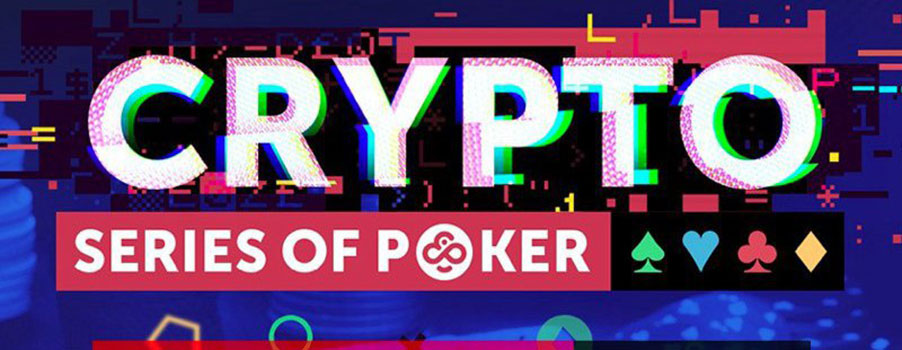Senegal-born platinum-selling singer and philanthropist Akon has recently announced plans to build his own city in Senegal with his recently launched digital currency, Akoin, being the main form of exchange. Cryptocurrencies have had their fair share of celebrity backers but most of the support has been at face value, that is, most of them are just ambassadors for digital currency outfits. As such, the move by Akon to venture into the crypto space is not only bold but also game-changing.
Speaking at the Cannes Lions International Festival of Creativity on June 18 on a panel titled “Branding Africa: Blockchain, Entrepreneurship and Empowering the Future,” the Grammy-nominated performer said blockchain technology and cryptocurrency could be “the savior for Africa in many ways” especially because of its high-security factor.
“I think that blockchain and crypto could be the savior for Africa in many ways because it brings the power back to the people and brings the security back into the currency system and also allows the people to utilize it in ways where they can advance themselves and not allow government to do those things that are keeping them down,” Akon said during the panel event, according to Page Six.
A Crypto City?
According to an initial blurb posted by ICO Impact Group, Akon and his team have a more ambitious plan in the works and it involves a 100 percent crypto-based city. As mentioned earlier at the beginning of this post, Akoin will be the center of the transactional life of the city that has been dubbed “Akon Crypto City.”
As it turns out, the development of the Akon Crypto City is already underway and it began with the 2,000 acres of land that the singer was gifted by the President of Senegal. The city is located within 5 minutes on Senegal’s new international airport, and a short drive from Dakar, Senegal’s capital city. It is also close to the coast, which in addition to all the factors make it a strategic location for such a venture.
At the moment, there are so many reasons to be skeptical about the plan especially because of the blithe overuse of “blockchain” as a buzzword and panacea to existing financial problems. To make it worse, Akon’s responses to the technical questions during the panel were not exactly heartening either – PageSix reports him saying, “I come with the concepts and let the geeks figure it out.” This is not exactly reassuring especially considering how shaky the crypto space is.
However, if we consider Akon’s Akon Lighting Africa charity project and how it effectively helped 17 countries in Africa to arrange for financing for solar panels and small-scale lighting projects, then this ambitious endeavor might just pay off, eventually.










